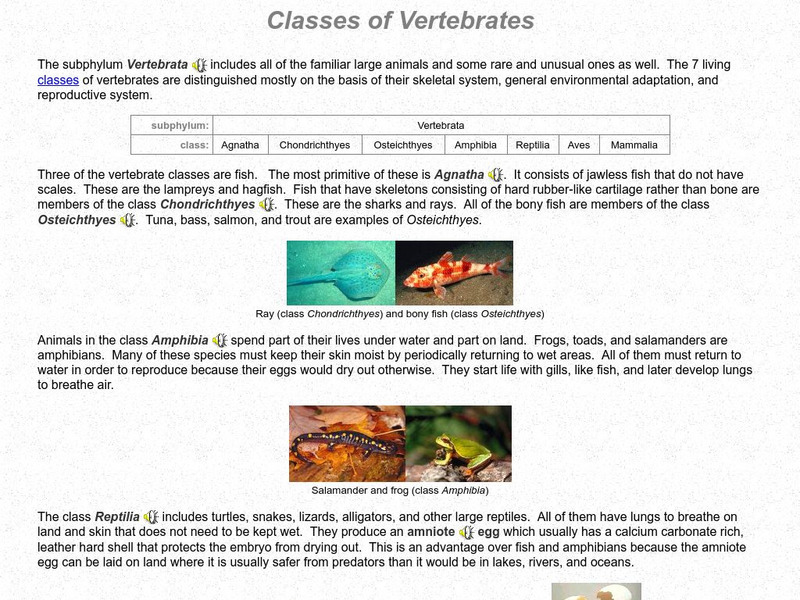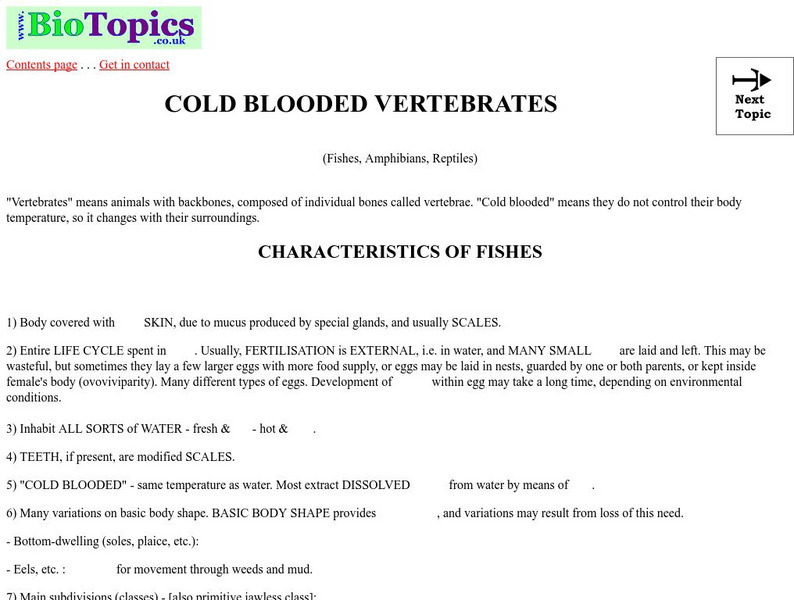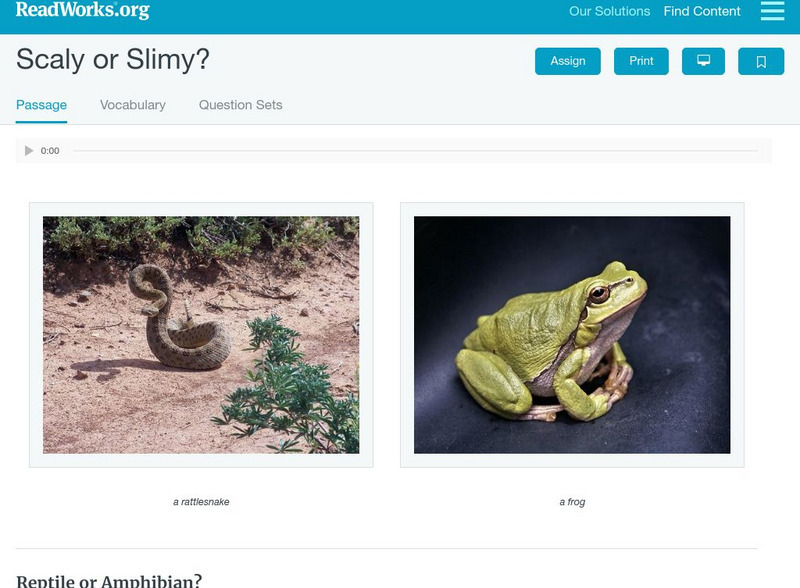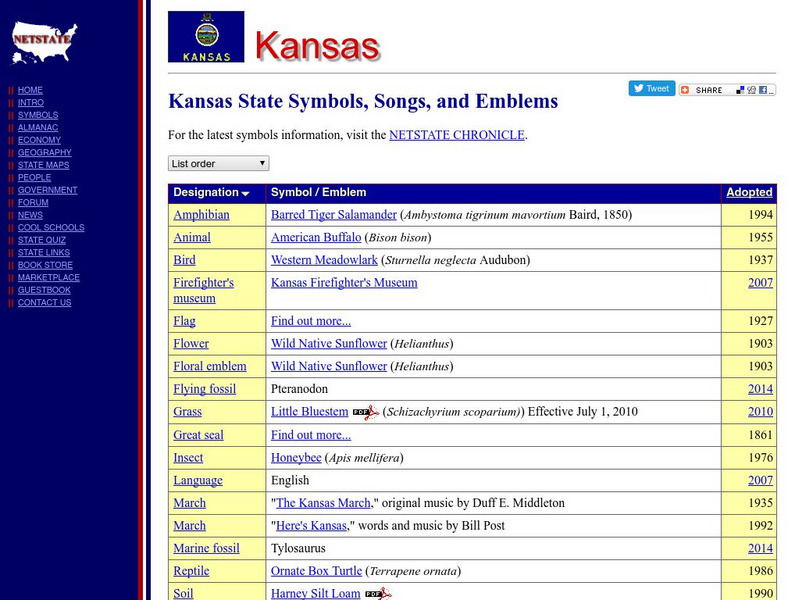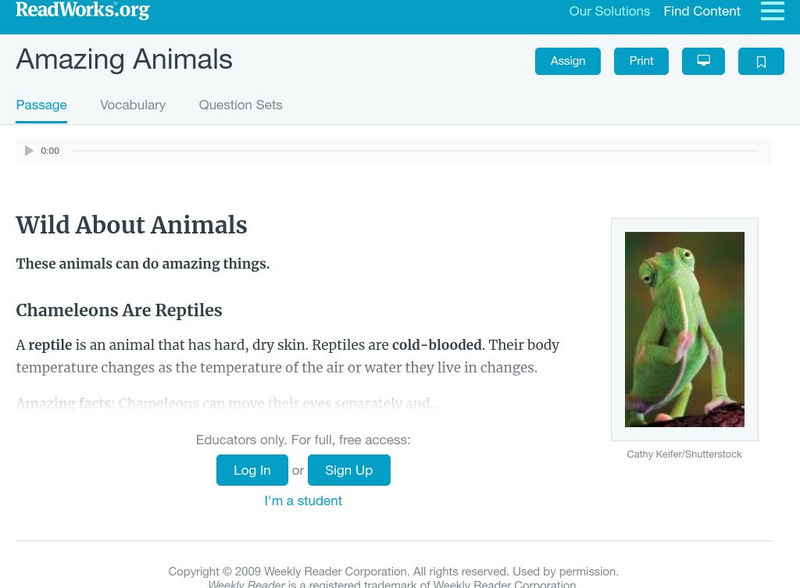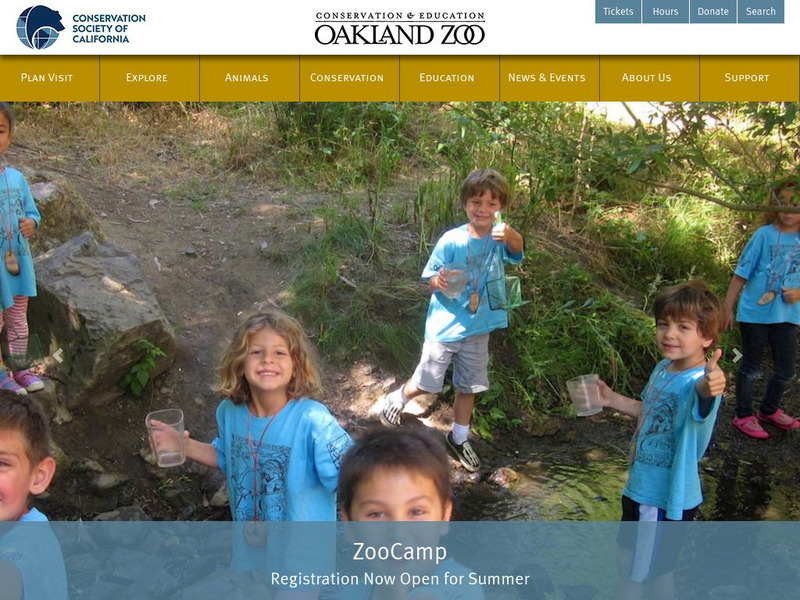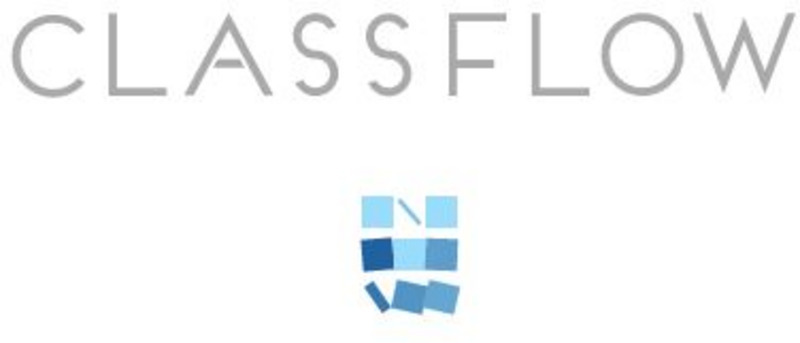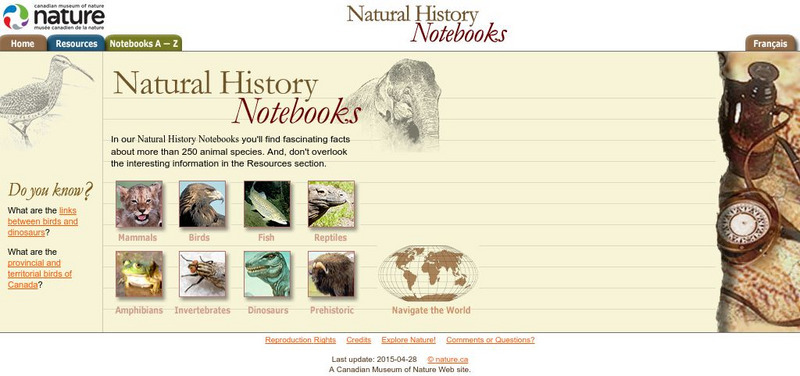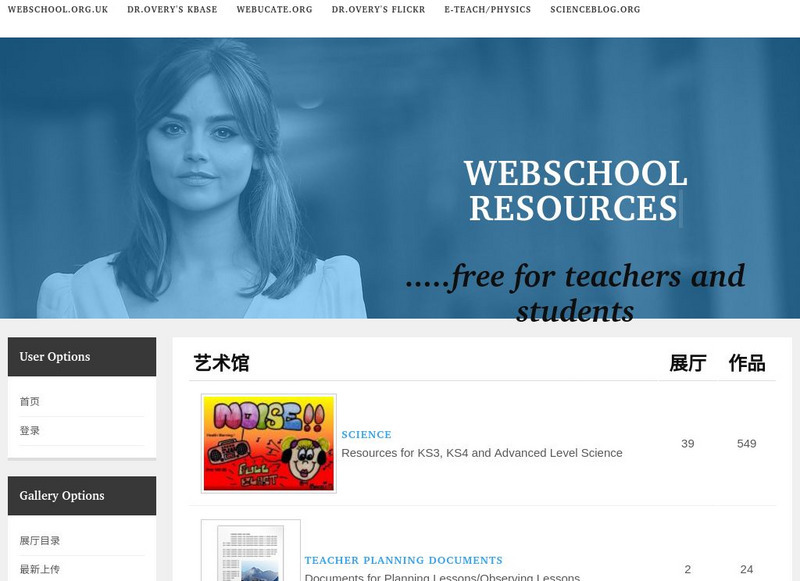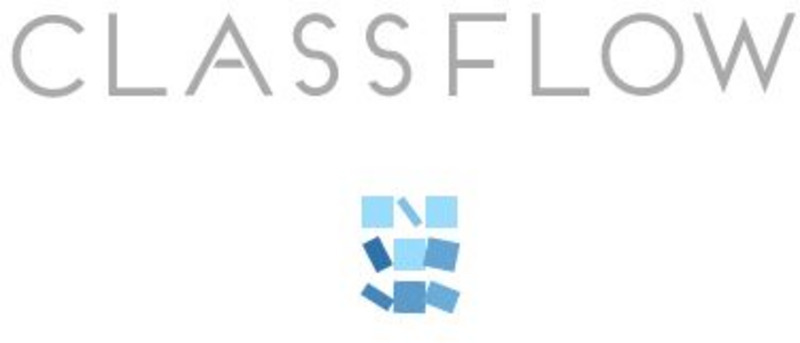Hi, what do you want to do?
Canadian Wildlife Federation
Hinterland Who's Who: Atlantic Whitefish
Get the facts about the Atlantic whitefish. Besides finding a detailed description of this fish that is unique to Canada, you?ll also learn about some of its unique facts and characteristics. Also included in this Fish and Mollusc Fact...
Other
Science4 Us: Animals
In online and offline activities, students broaden their understanding of animals by learning to identify and classify animals into six categories: mammals, birds, fish, amphibians, reptiles, and invertebrates.
Palomar Community College District
Palomar College: Class
In the animal kingdom, there are seven living classes in the phylum Vertebrata. The Palomar College shares detailed information on each of these classes. Includes examples and photos as well as a follow-up quiz.
Sea World Parks & Entertainment
Sea World: Animal Information Database
Sea World's site featuring a variety of information about their animals, as well as general animal information. Includes "Animal Bytes," a list of animals with some of their characteristics. Also includes some games and teacher resources.
Bio Topics
Bio Topics: Cold Blooded Vertebrates
A activity regarding cold blooded vertebrates, including fishes, reptiles and amphibians.
Read Works
Read Works: Scaly or Slimy?
[Free Registration/Login Required] An informational text about the difference between a reptile and an amphibian. A question sheet is available to help students build skills in reading comprehension.
Biology Pages
Kimball's Biology Pages: Vertebrate Lungs
This personal page defines and compares the gas exchanges by the lungs of amphibians, reptiles, birds, and mammals. Offers detailed images.
E-learning for Kids
E Learning for Kids: Science: Caribbean Sea: How Can We Classify Animals?
Welcome to Hideaway Island where five pirates need to find crews for their ships. Join in and learn about animals with backbones.
NSTATE
Kansas State Symbols
Find out about the symbols of the state of Kansas. Click on the symbol word to find a picture and information.
CK-12 Foundation
Ck 12: Life Science: Chordates
[Free Registration/Login may be required to access all resource tools.] Did you know that fish, amphibians, reptiles, birds, and mammals are all related? They are all chordates. Chordates are a group of animals that includes vertebrates,...
PBS
Nh Pbs: Nature Works: Swamps
What characteristics make a swamp a swamp? This site features information on the Great Dismal Swamp, Conifer Swamps, Okefenokee Swamps, Shrub Swamps, Hardwood Swamps, and Cypress Swamps. This site also offers some great photographs of...
Environmental Education for Kids
Eek!: Environmental Education for Kids
This site provides illustrations, descriptions, and species of amphibians, birds, fish, insects, invertebrates, mammals, reptiles, and endangered species.
Read Works
Read Works: Amazing Animals
[Free Registration/Login Required] This nonfiction passage discusses distinguishing features of mammals, reptiles, and amphibians. This passage is a stand-alone curricular piece that reinforces essential reading skills and strategies and...
CK-12 Foundation
Ck 12: Life Science: 10.2 Vertebrate Diversity
Learn about the characteristics and diversity of vertebrate animals.
Oakland Zoo
Oakland Zoo: Welcome to the Oakland Zoo
Site allows users to tour the Oakland Zoo and view all types of animals from A-Z. Offers links to cool stuff and a world safari.
DLTK
Kid Zone: Animal Classes
A comprehensive and colorful site that lists the various classes of animals with pictures and descriptions.
ClassFlow
Class Flow: Animal Classification
[Free Registration/Login Required] This interactive flipchart examines characteristics of each animal family (mammals, birds, reptiles, amphibians, and fish) It contains an assessment at the end which can be used with Activotes.
Smithsonian Institution
National Museum of Natural History: American Mammals: Ocelot
Ocelots occur in a wide range of habitats, from rainforest to savanna to dry, scrubby terrain, at mid- to low elevations from Texas and Arizona to northern Argentina. They are feed on small mammals, and also frequently include birds,...
Other
Georgia Perimeter College: The Permian Period
This resource provides basic information of the changes that took place during the Permian period as well as the animals that populated the Earth during this time.
Canadian Museum of Nature
Canadian Museum of Nature: Natural History Notebooks
This site from the Canadian Museum of Nature, a natural history museum, provides short information blurbs and fun facts on over 240 different common animals categorized by type (mammals, fish, reptiles, invertebrates, amphibians,...
Smithsonian Institution
Smithsonian National Zoo: Meet Our Animals
This site from the National Zoological Park provides extensive information about many types of animals. Just click on the category you need. Includes pictures and live web cams.
Other
Webucate: Free Multimedia Resources for Education
A labor of love created by a school in Great Britain. This is a well-organized image gallery with photos and other resources presented by topic, e.g., animals, places in the US, science, sports, etc. Though nothing to compare with a...
ClassFlow
Class Flow: Vertebrate Flipchart
[Free Registration/Login Required] This flipchart introduces students to vertebrates and provides pictures and information on the different types of vertebrates including their characteristics, their physical and environmental needs, and...
University of Florida
Flmnh: Crocodiles
The Florida Museum of Natural History provides photographs of alligators, caimans, crocodiles and charials can be used for reports and presentations as well as wildlife/reptile lesson plans.
Other popular searches
- Reptiles and Amphibians
- Amphibians and Reptiles K 2
- Amphibians and Reptiles K
- Amphibians and Reptiles Prek
- Amphibians and Reptiles Unit
- Amphibians and Reptiles Perk
- Amphibians and Reptiles 3 5







